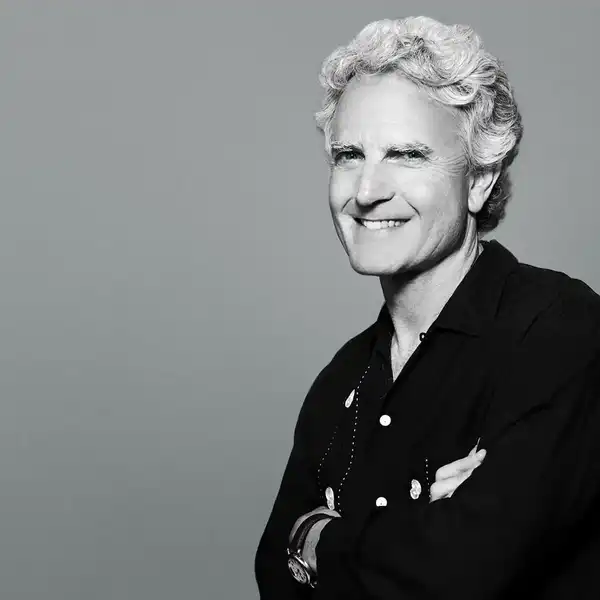advertisement
Billboard is a part of Penske Media Corporation. © 2023 Billboard Media, LLC. All Rights Reserved.
advertisement
Popular
Latest News
advertisement
BILLBOARD CANADA FYI
A weekly briefing on what matters in the music industry
By signing up you agree to Billboard Canada’s privacy policy.
advertisement
advertisement
Chart Beat
Central Cee’s ‘Iceman Freestyle’ Hits the Billboard Canadian Hot 100 Following Drake Livestream
The U.K. rapper lands at No. 78. Plus fellow British artist, Charli XCX, scores two entries on the Canadian Hot 100.
11h
As the world waits for Drake's long-promised Iceman, Central Cee's "Iceman Freestyle" has debuted on the Billboard Canadian Hot 100.
The West London rapper’s track debuts at No. 84 on the chart dated Feb. 28.
The song was initially teased during one of Drake’s Iceman livestreams last July, but now listeners can hear it in full. Weeks later, the pair collaborated on the island-tinged hit “Which One,” which debuted at No. 5 on the Canadian Hot 100. This song, though, is credited solely to Central Cee.
Layered with strings and a boastful beat, Cench’s melodic rap flow details his rise to global fame, taking stock of how far he has come, referencing his transition from “flights of stairs” to “arriving somewhere tropical.” It’s a sharp and direct statement from a rapper who is known not to mince words.
advertisement
A few bars later, he leans into a cheeky reference to Drake’s hit “Nokia” as he raps: “Where the f–k the function?"
In the music video, he leans into a “Peaky Blinders style cinematic performance,” according to a statement, with an ensemble akin to the one he wore during the stream of his Drake collaboration.
“Iceman Freestyle” signals a new chapter for the rapper, who is set to release his forthcoming EP, All Roads Lead Home, in March via Sony Music Canada.
Another Brit has also hit the Canadian Hot 100. Charli XCX has two chart debuts from Wuthering Heights, the soundtrack written for Emerald Fennell’s feature film of the same name.
“Chains of Love” enters at No. 78 (nine spots higher than its No. 87 placement in the U.S.) and “Always Everywhere” debuts at No. 91. On the Billboard Canadian Albums chart, the soundtrack debuts at No. 14.
Dark, gloomy and cinematic, the album mirrors the atmosphere of Fennell’s visually moody on-screen world. The “360” singer shared that she joined the project with producer Finn Keane after feeling immediately inspired by the script.
advertisement
“[We] began working on not just one but many songs that we felt connected to the world she was creating,” Charli explained in a press release announcing the project. “After being so in the depths of my previous album I was excited to escape into something entirely new, entirely opposite.”
That album is 2024’s monumental Brat, which peaked at No. 2 on the Canadian Albums chart — her highest debut in the country.
“When I think of Wuthering Heights,” she said of the classic novel the film is based on, “I think of many things. I think of passion and pain. I think of England. I think of the Moors, I think of the mud and the cold. I think of determination and grit.”
In addition, Myles Smith & Niall Horan team up on “Drive Safe,” which arrives at No. 94, while Dominic Fike’s “White Keys” just makes the cut at No. 98.
A handful of Canadian artists are re-entering the charts, including Tedy’s “I Hope” at No. 80 and Loud Luxury & Natalie Jane’s “UH OH!” at No. 86. Following the news that she’ll be one of the supporting acts for Hilary Duff’s Toronto dates in August, Jade LeMac re-emerges at No. 89 with “Running Home,” her first song to hit her home country chart, the Canadian Hot 100.
advertisement
Olivia Dean’s “Man I Need” reclaims the No. 1 spot, as Bad Bunny falls to No. 2 with “DTMF,” but remains at No. 1 on the Canadian Albums chart with DeBÍ TiRAR MáS FOToS. While Taylor Swift’s “Opalite” surged to the top on this week’s Billboard Hot 100, it remains down at No. 9 in Canada.
Find all of Billboard Canada's charts here.
advertisement
keep readingShow less
advertisement
Popular
advertisement
Published by ARTSHOUSE MEDIA GROUP (AMG) under license from Billboard Media, LLC, a subsidiary of Penske Media Corporation.
advertisement

















